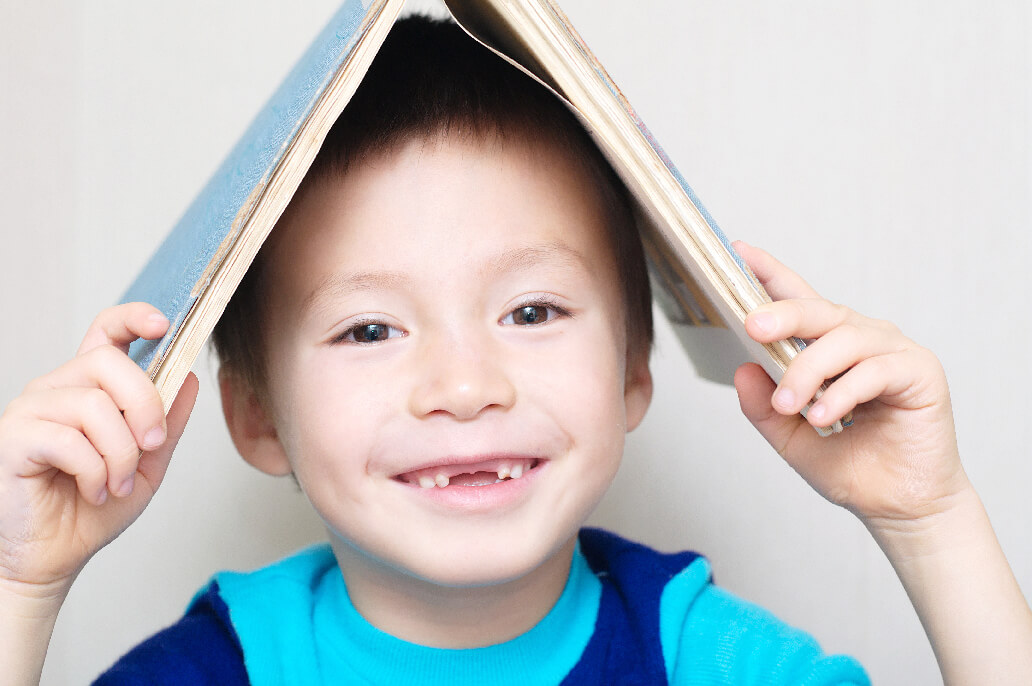Why Are the Primary Teeth Important?
Why are the primary teeth important, you ask? Many people believe baby teeth (or primary teeth) are not significant because they will eventually fall out. However, it is quite the contrary. In truth, primary teeth are vital to your child’s growth and development. Proper dental health affects early physical, social, even emotional progress.
Even though you may not be able to see them, they are there, under the gums. The teeth actually formed while your baby was growing in the womb. According to the American Academy of Pediatrics, these teeth may begin erupting as early as four months old, but typically between 6 to 12 months. And, usually, by age three all twenty primary teeth have erupted.
Let Us Explain Why

- Foster good nutrition through proper chewing
- Aid in speech development
- Build self-esteem by providing a beautiful smile
- Enable a child to pay attention and learn in school without the distraction of dental pain
- They help him or her chew, speak and smile.
- Most importantly, they save space in the jaw for proper development of adult (permanent) teeth.
A Little Prevention Goes a Long Way
Let’s explore this subject a little more. We see many children with significant decay in their baby teeth. And, when these teeth are lost too early, it may cause trouble behind the scenes. What we mean is, that, under the gums permanent teeth may drift into these spaces. Therefore, making it difficult for the other adult teeth, thus causing crooked teeth or overcrowding.
Our advice? Start practice good oral hygiene with your child, literally, from birth. Wipe your child’s gums with a moist gauze pad or washcloth. Do it at least once a day, perhaps at bathtime. As soon as teeth erupt, decay can occur. Take the time and build good habits now. It allows your child to feel confident brushing his teeth later.
Until your child is three years old, you will need to brush for him. Use a small toothbrush with a rice-sized smear of toothpaste. Brush teeth thoroughly twice a day, preferably in the morning and at night.
From three to six you can begin supervising as your child brushes on his own. It is most important that you make sure your child is using the appropriate amount of fluoride toothpaste, about the size of a pea. Remind him or her not to swallow the toothpaste. Instruct them how to brush their teeth thoroughly twice a day.
On a special note, once your child has two teeth that touch, you should introduce flossing their teeth daily.
So, in conclusion, are primary teeth important? You bet they are! If you have any questions about how to promote better oral hygiene or to make an appointment, contact Tooth Fairy Smiles today. Our friendly and knowledgeable staff are here to assist you in any way that we can!
Share